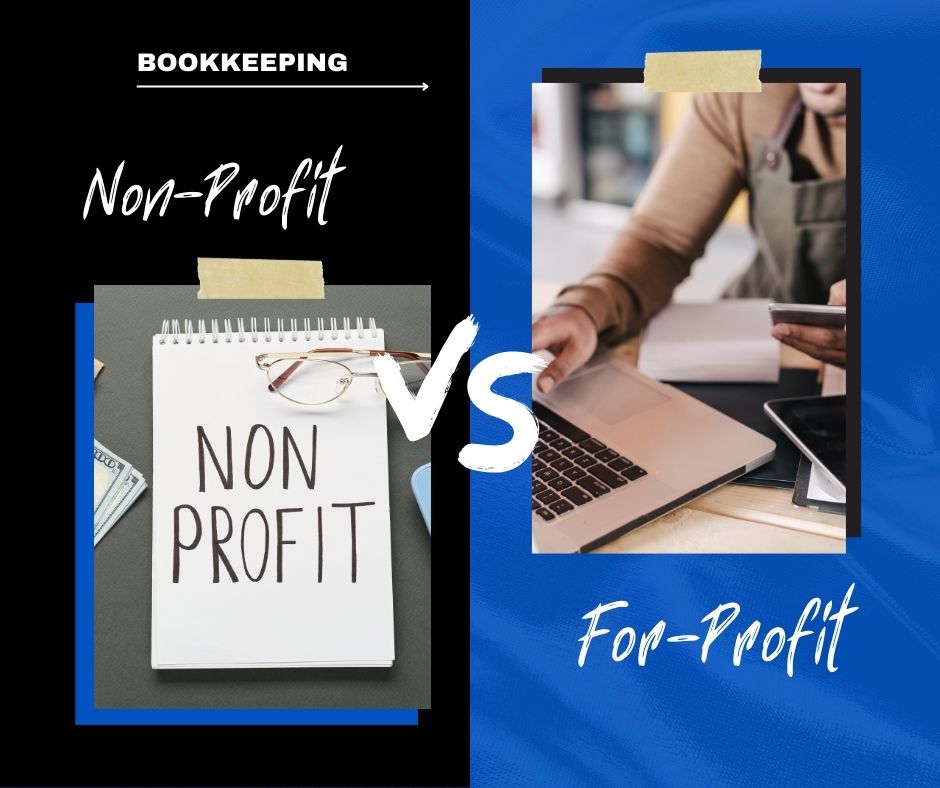In the diverse ecosystem of organizational finance, non-profit entities occupy a unique niche characterized by their mission-driven operations and the complex regulatory landscape they navigate. Unlike their for-profit counterparts, non-profits are entrusted not just with financial resources but with the aspirations and generosity of their donors, the hopes of their beneficiaries, and a mandate for transparency and accountability that exceeds commercial expectations.
The intricacies of non-profit bookkeeping – from managing restricted funds and navigating donor requirements to ensuring compliance with an ever-evolving tax code – underscore the need for specialized financial expertise.
Enter Navitance, a Utah-based financial services firm that understands the unique pulse of non-profit financial management. With a suite of services expertly tailored to the non-profit sector, including Financial Restructuring Solutions, Interim CFO Solutions, and QuickBooks services, Navitance is more than just a bookkeeping service; it’s a strategic partner dedicated to ensuring that non-profits survive and thrive.
By combining deep industry knowledge with a passion for the non-profit mission, Navitance offers a beacon of financial clarity and direction amidst the complexities of non-profit management. Let’s explore the key differences between Non-profit and for-profit organizations’ bookkeeping.
Let’s Understand Non-Profit Bookkeeping
Non-profit organizations are unique entities with specific goals, operational methodologies, and financial management requirements. Understanding the nuances of non-profit bookkeeping is crucial for ensuring accountability, compliance, and the successful pursuit of their missions.
Key Characteristics of Non-Profit Organizations
Non-profit organizations are entities designed to serve the public interest or a specific societal need rather than to generate profit for owners or shareholders. These organizations are granted tax-exempt status for their charitable, religious, educational, or scientific purposes. Key characteristics include:
Non-Profit Bookkeeping Essentials
The financial management of non-profit organizations involves several essential practices distinct from those of for-profit entities:
The Importance of Transparency and Compliance
Transparency and compliance are foundational to the trust and credibility of non-profit organizations. Adhering to these principles involves:

Comparative Analysis of Non-Profit vs. For-Profit Bookkeeping
Bookkeeping and financial management practices differ significantly between nonprofit and for-profit organizations due to their distinct missions, goals, and regulatory environments. Understanding these differences is crucial for effective financial strategy and compliance.
Accounting Methods and Principles:
Financial Reporting and Transparency:
Revenue Recognition and Management:
Focus and Goals:
Regulatory and Tax Considerations:
Stakeholder Expectations:

Navitance’s Role in Streamlining Bookkeeping for Nonprofit Organizations
Navitance has carved out a niche in providing comprehensive bookkeeping and financial services that resonate with the specific requirements of non-profits. Our services are designed to alleviate the complexities of financial management, allowing organizations to thrive.
Other Nonprofit Accounting Services Provided
Transform Your Non-Profit’s Financial Management with Navitance
As we navigate the complexities and challenges unique to non-profit financial management, the importance of having a dedicated, expert partner cannot be overstated. Navitance stands ready to propel your non-profit organization toward greater financial clarity, compliance, and efficiency. With our specialized services, from Financial Restructuring Solutions and Interim CFO Solutions to comprehensive QuickBooks services, we are not just a service provider; we are your financial ally.
Embark on a Journey to Financial Excellence
Secure Your Non-Profit’s Future Today
We invite you to reach out and schedule a consultation with Navitance. Together, we’ll explore how our expert services can be tailored to your non-profit’s needs.
Your mission is our passion, and your financial success is our goal. Connect with Navitance now, and together, let’s achieve financial excellence for your non-profit.







